Mercedes-Benz backtracks on elements of its electrification plan with a new report suggesting that poor sales of the EQ lineup have forced it to scrap a platform that it was developing
Mercedes-Benz has remained hawkish in its stance on EVs with the German luxury carmaker embarking on an aggressive plan to electrify its whole lineup as part of a broader effort to corner the EV luxury vehicle market. The EQ lineup was supposed to be the proverbial spearhead into the segment with the EQS sedan and the EQE sedan/SUV attempting to cover a wide swath of customer tastes.
But while the models themselves come packed with plenty of luxury, technology, and range this has not translated well into overall sales with the EQ family being slow movers in Benz dealerships. This ice-cold reception from buyers has reportedly forced the company to scrap an upcoming EV platform that it was developing.
Poor sales have ripple effects
According to a report that was published by the German publication Handelsblatt and later picked up by Autocar the platform that was forced to bite the bullet was the company’s MB.EA Large Architecture. This new platform was supposed to provide the underpinnings for the next-generation EQE and EQS models while also replacing the current EVA 2 platform before its reported axing.
However, sales and the profits that the EQ range was supposed to generate play a key role in funding these projects, and with the current lineup not moving that well, the company was forced to react accordingly. Instead of making an all-new platform, Mercedes engineers will now reportedly make do with what they have and focus on updating the existing EVA 2 platform. The report says that some of the updates will include replacing the current 400-volt system with a more powerful 800-volt one while the battery pack and the electric motors are also being replaced with updated units.
Mercedes-Benz saves money as a result
While the cancellation of this platform might not make some execs very happy in the corporate ranks, the company’s bean counters are most likely celebrating the move since it would help Mercedes-Benz save between $4.3 to $6.5 billion in costs. Some of these savings will come from proposed manufacturing upgrades that the company doesn’t have to do to produce the platform, as well as no longer setting aside development money for the project.
As a bonus, some of the money freed up from the reported cancellation of this platform will allow Mercedes-Benz to have more flexibility and give the company the ability to focus on other EV projects especially those that are seen as high priority or those that have the most potential to deliver long-term returns both in sales as well as the broader blueprint that Benz has in place for reaching some of its efficiency related goals.
More Mercedes Stories
- Mercedes-Benz Launches Branded High-Performance Luxury Charging Network
- First Look: 2025 Mercedes-Benz G 580 Hits The Trail with EQ Technology
- You and Your Mercedes-Benz Can Literally Make Beautiful Music Together
What about ICE models?
While the report appears to indicate that Mercedes-Benz is re-evaluating some aspects of its EV strategy, look for the company’s ICE operations to carry on unhindered. That side of the business will see some major shifts over the next few years as Benz prepares to introduce plug-in hybrid versions of the GLE, GLS, and S-Classes with these models getting an updated platform that will incorporate some of the EVA 2’s upgrades into the formula for improved efficiency and performance.
Upgrading existing platforms and models will also play a prominent role in Mercedes Benz’s short-term plans as the company attempts to keep costs down without compromising the reputation and luxury that customers come to expect when buying a Mercedes-Benz vehicle. This cost savings campaign could help the company in the long run once it engineers an EV platform and architecture that can streamline and unify the various nameplates together onto one platform.


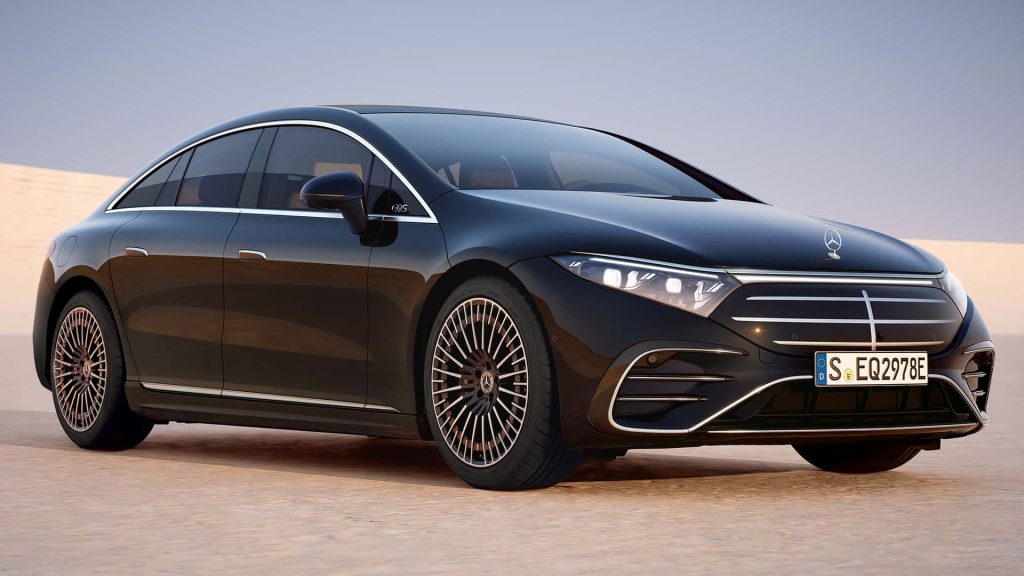
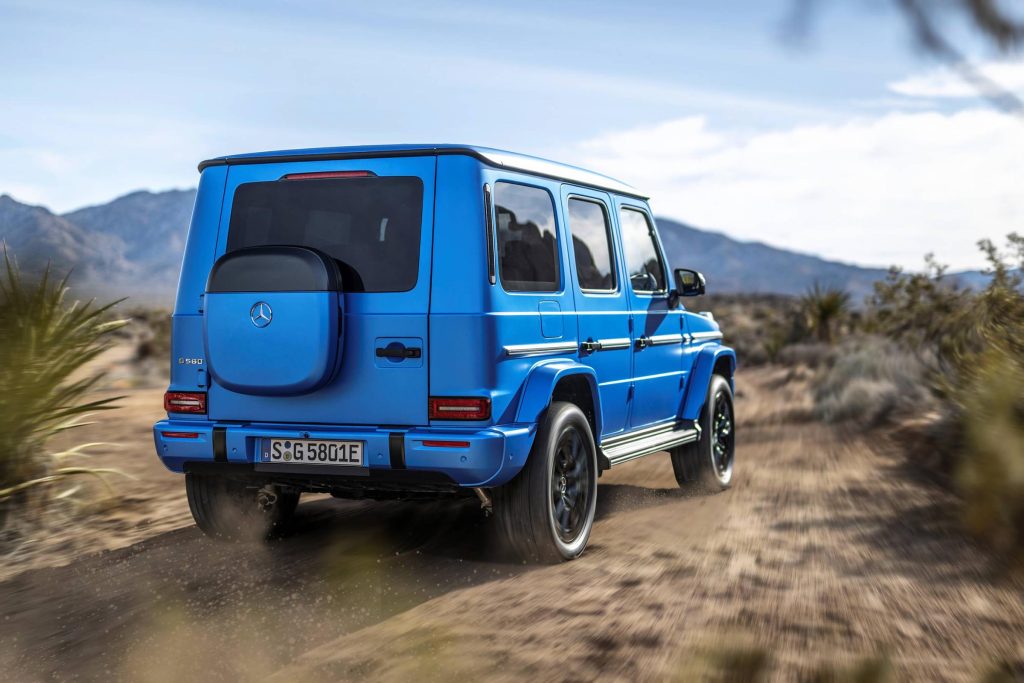
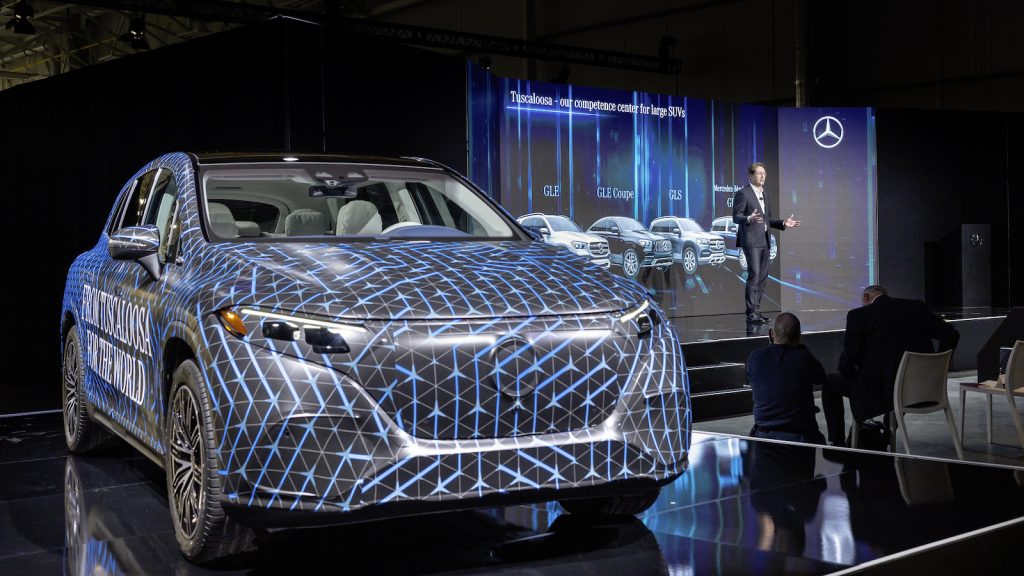

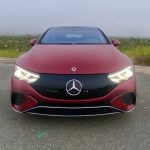
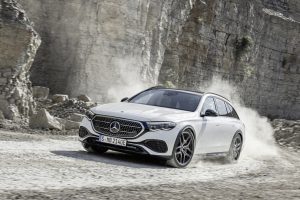
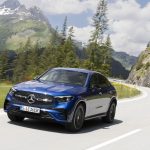

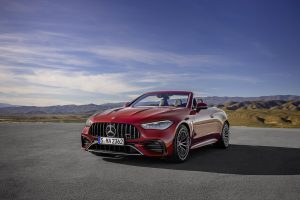

0 Comments